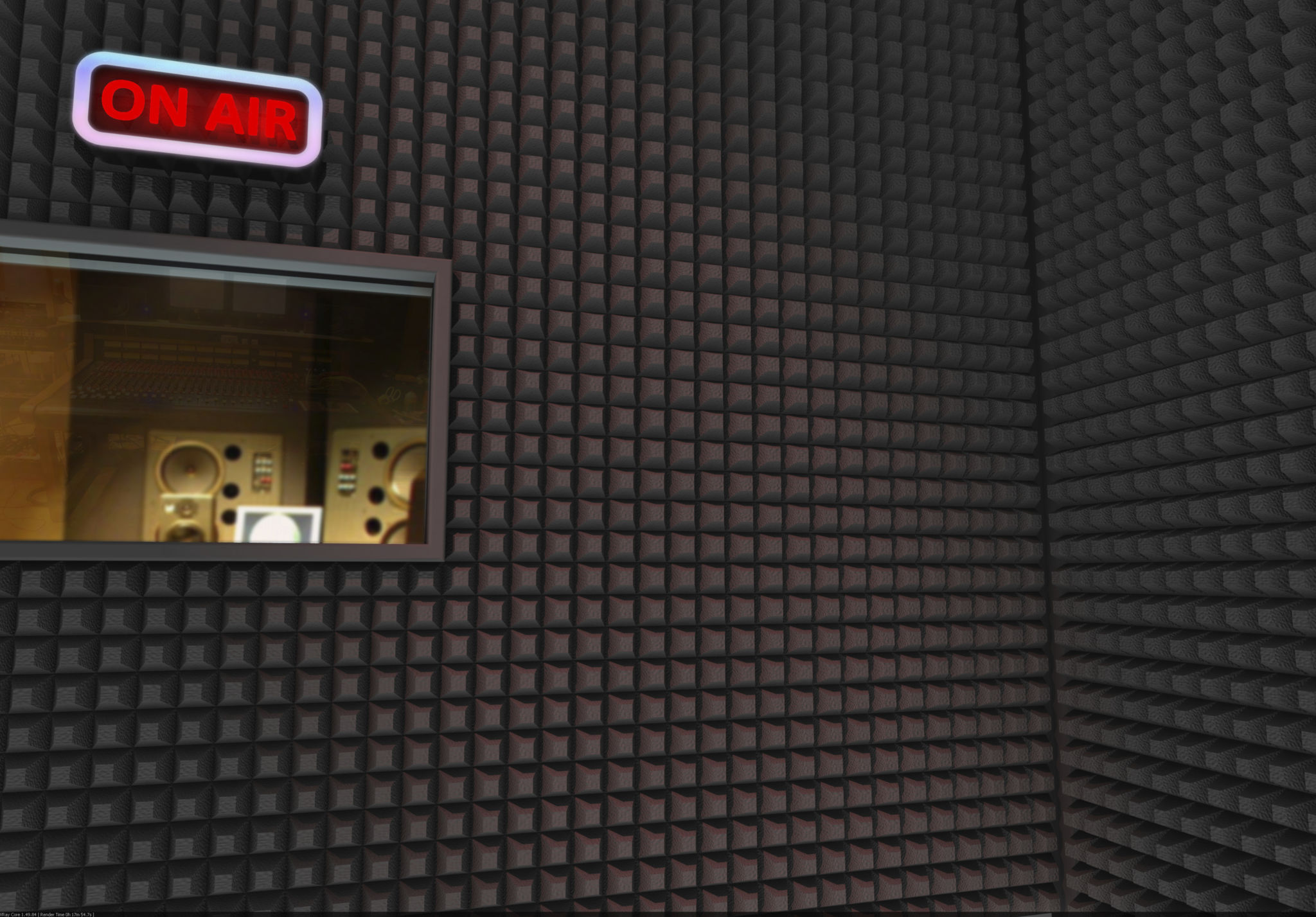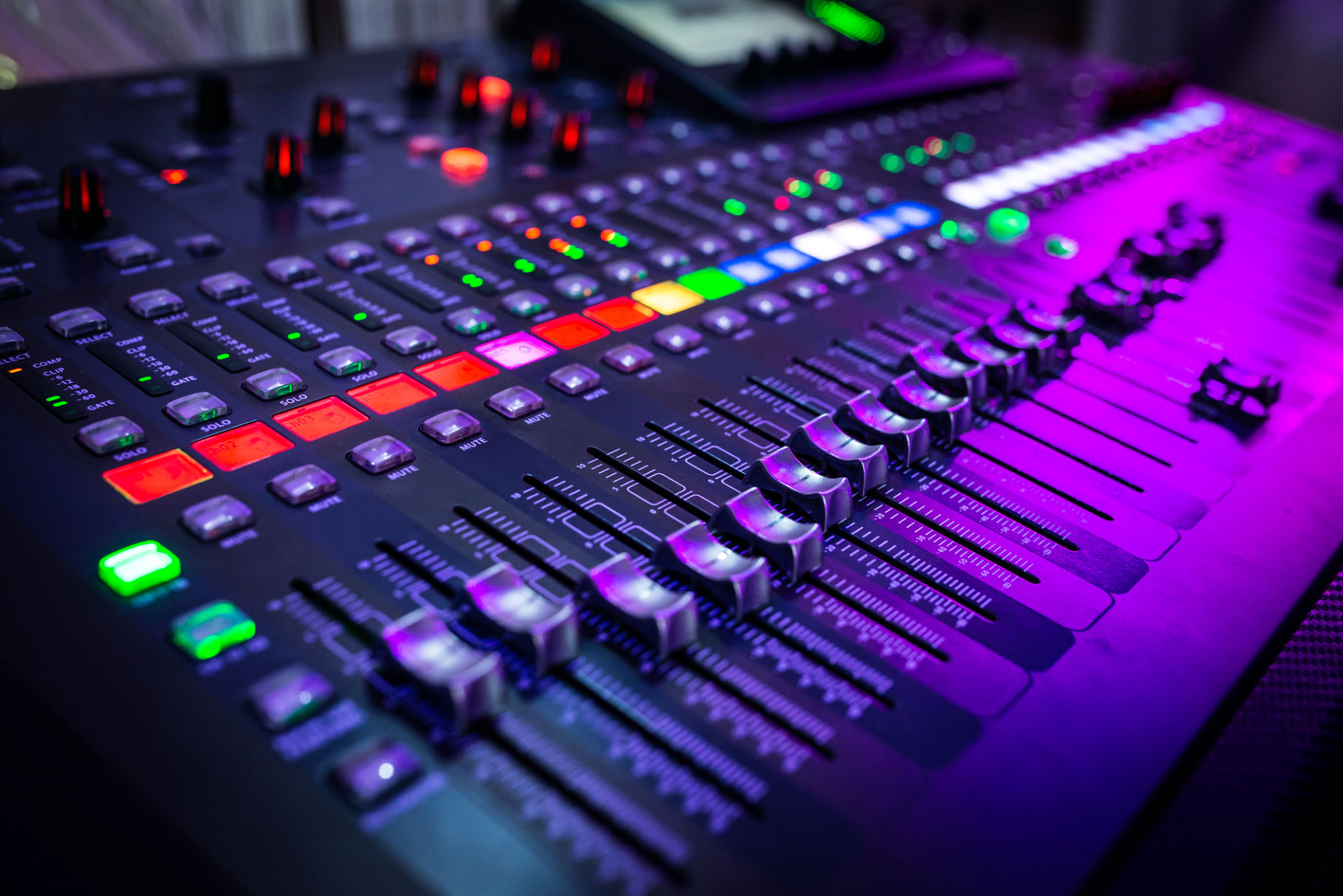A Beginner's Guide to Sound Engineering: What You Need to Know
PP
Understanding the Basics of Sound Engineering
Sound engineering is a fascinating field that combines creativity with technical expertise. Whether you're interested in music production, live sound, or broadcasting, understanding the basics of sound engineering is essential. At its core, sound engineering involves managing and manipulating audio signals to achieve the desired output.
The primary responsibility of a sound engineer is to ensure the best possible auditory experience. This involves tasks such as mixing, editing, and mastering audio tracks. If you're new to the world of sound engineering, don't worry—this guide will cover the fundamental concepts you need to get started.

Essential Equipment for Sound Engineering
Before diving into sound engineering, you need to familiarize yourself with the essential equipment. Some of the basic tools include:
- Microphones: Used to capture sound, microphones come in various types including dynamic and condenser microphones.
- Mixing Console: This is the heart of sound engineering, allowing you to mix multiple audio signals.
- Audio Interface: Converts analog signals to digital and vice versa, serving as a bridge between your computer and other equipment.
- Monitors and Headphones: These are crucial for accurately listening to and evaluating audio quality.
Investing in quality equipment can significantly impact your work's outcome, so choose wisely based on your needs and budget.
The Importance of Acoustics
One often overlooked aspect of sound engineering is acoustics. The way sound behaves in a room can greatly influence the recording and mixing process. Understanding acoustics helps in setting up your studio environment to minimize unwanted sound reflections and reverberations.
Consider factors such as room size, wall materials, and speaker placement to optimize your acoustic environment. Acoustic treatment, like diffusers and bass traps, can also enhance sound quality by controlling echoes and absorbing excess noise.

Understanding Signal Flow
Signal flow is a critical concept in sound engineering that refers to the path an audio signal takes from input to output. A typical signal flow might include elements like microphones, preamps, equalizers, compressors, and finally the mixing console before reaching speakers or recording devices.
Having a clear grasp of signal flow allows you to troubleshoot issues effectively and make informed decisions on how to process audio signals for optimal results.
Developing Your Ear for Sound
A crucial skill for any sound engineer is developing a keen ear for identifying nuances in audio. This involves training yourself to discern different frequencies, dynamics, and tonal qualities. Regularly practicing critical listening can help refine this ability over time.
Try listening to a variety of music genres and focus on specific elements like bass lines or vocal clarity. This will not only improve your technical skill but also enhance your creative decision-making during mixing and mastering processes.

Learning the Art of Mixing
Mixing is where technical skill meets artistic vision. It's about balancing individual tracks to create a cohesive and engaging audio experience. During mixing, you'll adjust levels, apply effects like reverb or delay, and manipulate frequencies using equalization (EQ).
Understanding how different sounds interact with each other is key to crafting a polished mix. Experimentation is encouraged—don't be afraid to try new techniques and trust your instincts while keeping the final audience in mind.
Getting Started with Digital Audio Workstations (DAWs)
Digital Audio Workstations (DAWs) are essential software tools for sound engineers. DAWs like Pro Tools, Logic Pro, and Ableton Live offer a platform for recording, editing, and mixing audio files. Each DAW has unique features, so explore several options to find one that suits your workflow.
Familiarizing yourself with your chosen DAW's interface and functionalities will streamline your production process and unleash your creative potential.
Pursuing Further Education and Practice
Sound engineering is a continually evolving field that requires ongoing learning. Consider enrolling in courses or workshops to expand your knowledge and skills. Online resources, tutorials, and communities also offer valuable opportunities for growth.
Practice is crucial—regularly working on projects will deepen your understanding and build confidence in your abilities. Remember, every great sound engineer started as a beginner, just like you!